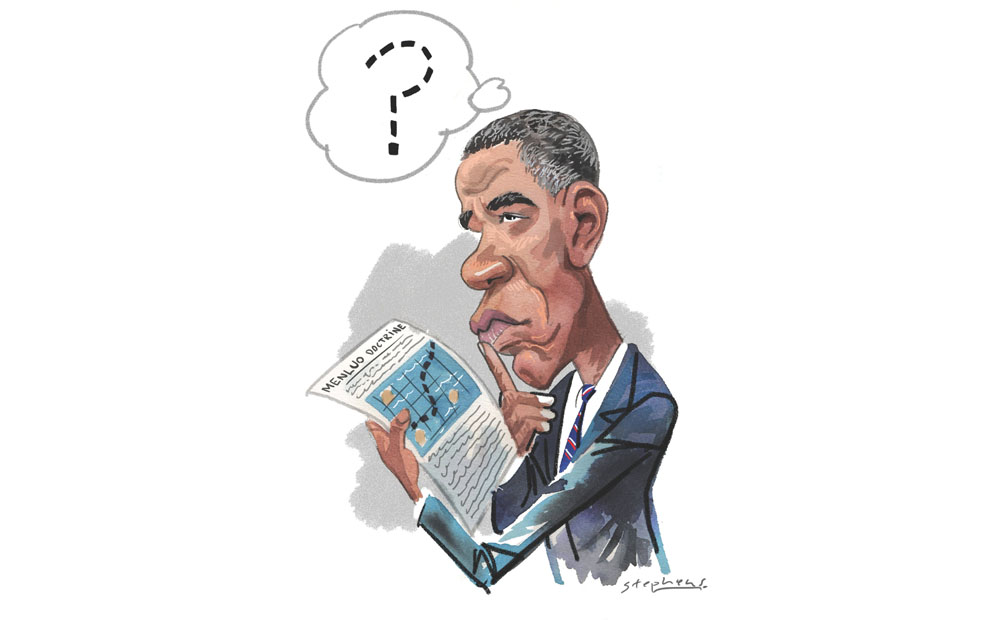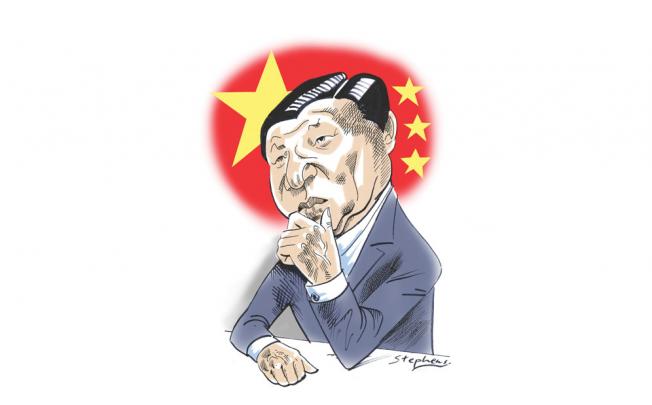Advertisement
PATRICK MENDIS
Two centuries ago, the increasingly assertive United States declared that the Western hemisphere was off limits to the great colonial powers of Europe. Just as president James Monroe's eponymous doctrine altered the nature of transatlantic relations, so today China is essentially following the American footprints in transpacific affairs with its own Menluo (a transliteration of Monroe) Doctrine in the East and South China seas.
China and America are seemingly polar opposite. As one of oldest and still evolving civilisations, the Confucian union in China is a result of history. The United States was created by a group of enlightened founding visionaries of the late 18th century led by George Washington. Yet, both nations have had experience with European colonialism and engaged in wars with the British. The American Revolution led to the expulsion of Red Coats from colonial America while China had to endure two opium wars with the British.
Since the United States' founding in 1776, Americans have considered it an exceptional nation. Chinese, too, view themselves as exceptional with their connection to the celestial empire. Chinese "exceptionalism", however, diverges from the American concept. The political ideology of the US resonates with the Enlightenment values of democracy, freedom and individual rights. Meanwhile, China strives to preserve and perfect its exceptional nature based on the Confucian model of virtues.
Advertisement
Related Topic
Xi Jinping


